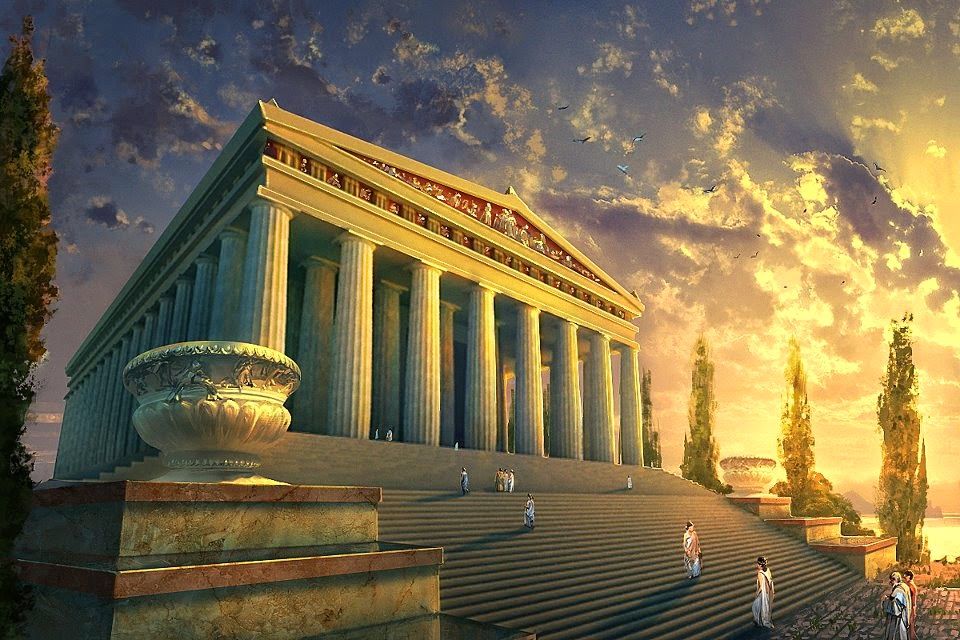All these elements contributed to form a highly spiritual feeling: the Spartan felt himself as the summit of the creation, the favourite of the Gods: a privileged, magnificent, splendid, arrogant and godlike creature; a member of a holy seed, a holy race and a lucky ‘link in the eternal racial chain’, a protagonist of an unparalleled feat of an extremely profound mystical experience that he was convinced would end up leading him directly to the immortality of Olympus, as the semi-divine heroes he worshiped. He was proud of being a Spartiate because precisely the fact that to become one of them it was necessary to overcome the hardest ordeals made him feel a holder of the privilege.
Nietzsche said, ‘For a tree to reach Heaven with its branches, it must first touch Hell with its roots’, and it is said that Odin went down to the huts before ascending to the palaces. This implies that only after passing the most terrible tests the warrior has earned the right to access to higher states. No pain or suffering leads to the drunken arrogance of the one who has not hardened and is unable to take the pleasure, power and luxury with respect, care, gentleness, veneration, humility and an almost apprehensive appreciation. The Spartans had reached the bottom, sinking into the whole tragedy of their atrocious instruction, and also had passed through all the manly sensations of fullness, health, vigour, strength, power, force, dominion, glory, victory, joy, camaraderie, reward and triumph. Having covered the whole emotional range that goes from pain to pleasure made them possessors of a wisdom exclusive for the heroes and the fallen, and surely no one could appreciate more the significance and importance of pleasures than the Spartans.
It existed in Sparta, as in other places, an initiating circle of priests and priestesses. Little is known about them except that they were selected men and women, initiated at specific sites in secret ceremonies called ‘mysteries’, which made them the repositories of ancient wisdom and esoteric mystical orientation. In Greece, the mysteries represented what could not be explained rationally with words, but that was necessary to see and live it. The mysteries (of Delphi, Eleusis, Delos, Samothrace, Orpheus) became prestigious initiation schools, with important people attending from all Hellas with the intent of awakening the spirit.
(Passages from one of Evropa Soberana’s essays in The Fair Race’s Darkest Hour.)
